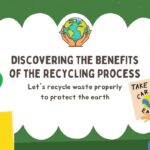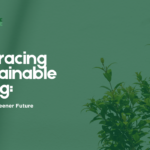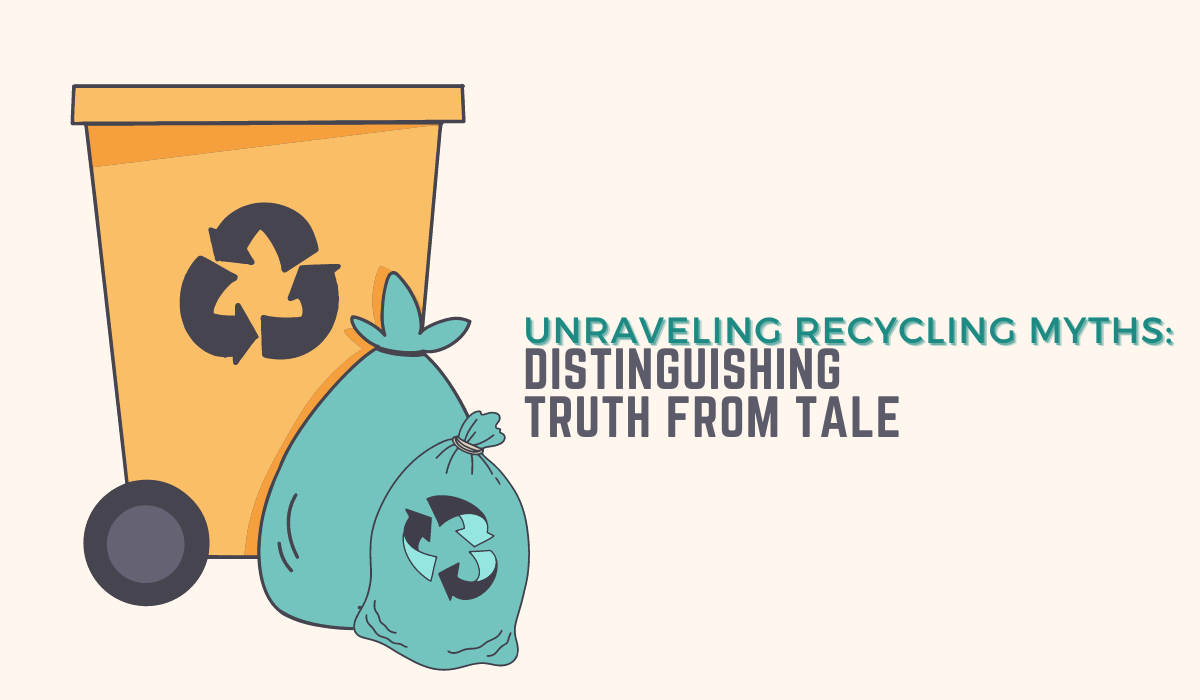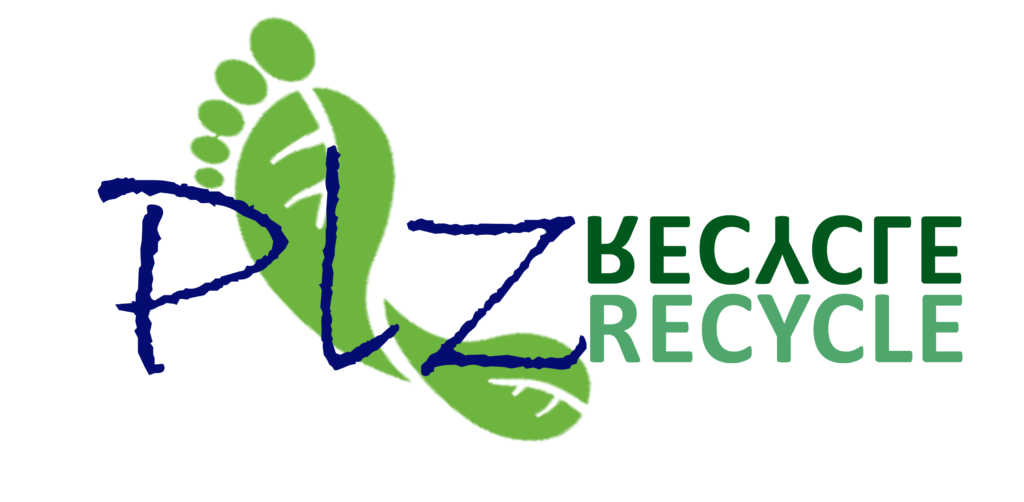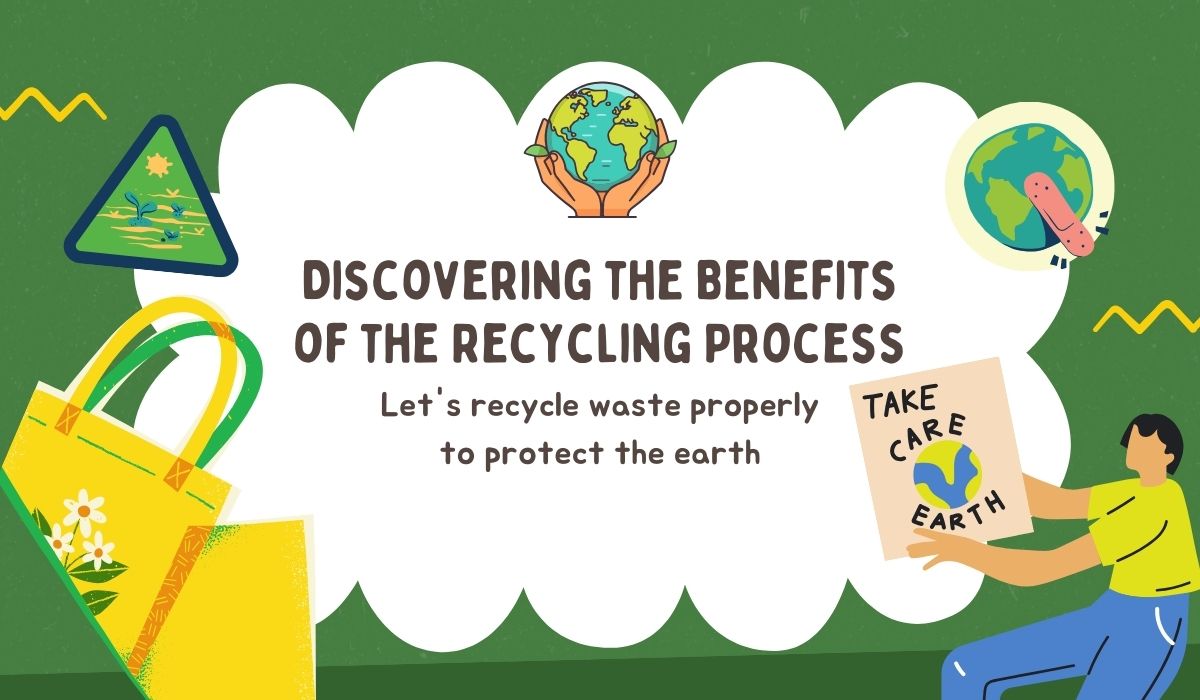Introduction to Recycling Myths
In a world where environmental consciousness is on the rise, recycling plays a crucial role in sustainable living and waste management. However, there are numerous myths and misconceptions surrounding recycling practices that often cloud the facts. In this article, we aim to debunk five common recycling myths and provide clarity on the reality behind recycling efforts. By separating fact from fiction, we hope to empower readers with the knowledge to make informed decisions and contribute meaningfully to a greener future.
Introduction to Recycling Myths
Welcome, skeptics and believers alike, to the ultimate debunking session where we separate recycling fact from fiction. Let’s dive into the dumpster of misconceptions and emerge with a clearer understanding of the world of recycling.
Recycling Myths 1: Recycling is not worth the Effort
Examining the Misconception
To recycle or not to recycle, that is the question. Is separating our trash really worth the hassle? Let’s crack open this myth and see if it holds up or if it’s just full of garbage.
The Value of Recycling Efforts
Recycling is more than just a feel-good activity. From saving energy to reducing waste in landfills, the benefits of recycling extend far beyond just the effort it takes to rinse out that peanut butter jar.
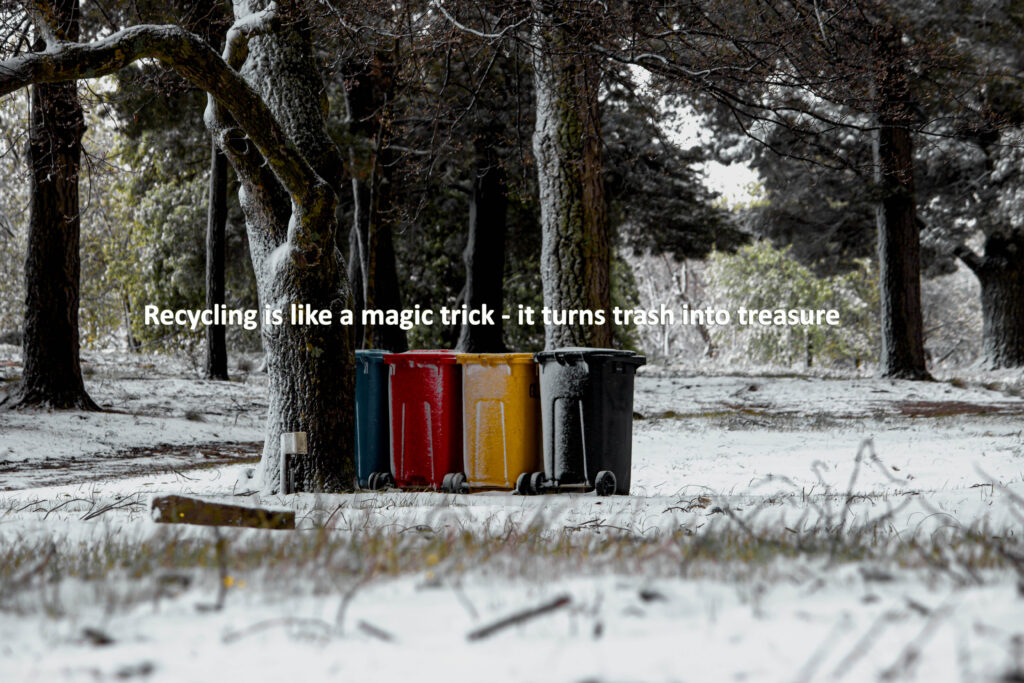
Recycling Myths 2: Everything Can Be Recycled
Understanding Recycling Limitations
Not everything can be magicked away into the recycling bin and turned into a shiny new product. Let’s get real about what can and cannot be recycled, and why proper sorting is key to making the recycling process work.
The Importance of Proper Sorting
Sorting your recycling might not be as thrilling as solving a crime in a detective novel, but it’s a crucial step in the recycling process. Let’s explore why tossing all your recyclables into the bin willy-nilly is a recipe for disaster.
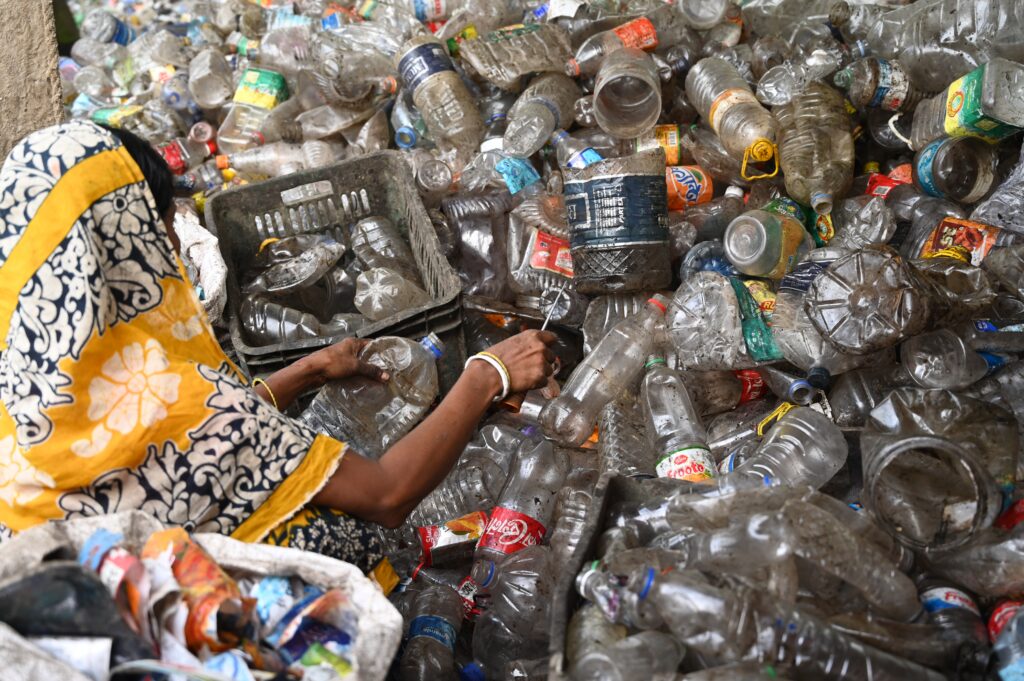
Recycling Myths 3: Recycling is Just a Drop in the Bucket
The Cumulative Impact of Recycling
Is recycling really just a drop in the ocean of environmental issues we face? Let’s do some math and see just how much of a splash recycling can make when we all join in.
Individual Contributions Matter
While it’s easy to feel like a mere ant in a world of giants when it comes to environmental issues, remember that every soda can recycled and every cardboard box saved from the landfill adds up. Your individual efforts do count, so grab that recycling bin and join the eco-warriors.

Recycling Myths 4: Recycling is More Expensive than Landfilling
Debunking Cost Myths
It’s time to put this myth to rest. While the initial costs of recycling programs may seem higher than simply dumping waste in a landfill, the long-term economic benefits far outweigh these expenses. By reducing the amount of waste sent to landfills, recycling helps to save on landfill costs and create economic opportunities through the sale of recycled materials.
Economic Benefits of Recycling
Recycling is not just a feel-good environmental practice; it also makes good economic sense. Recycling conserves valuable resources, reduces energy consumption, and supports a circular economy where materials are reused and repurposed. Embracing recycling as a cost-effective solution benefits both the planet and our wallets.
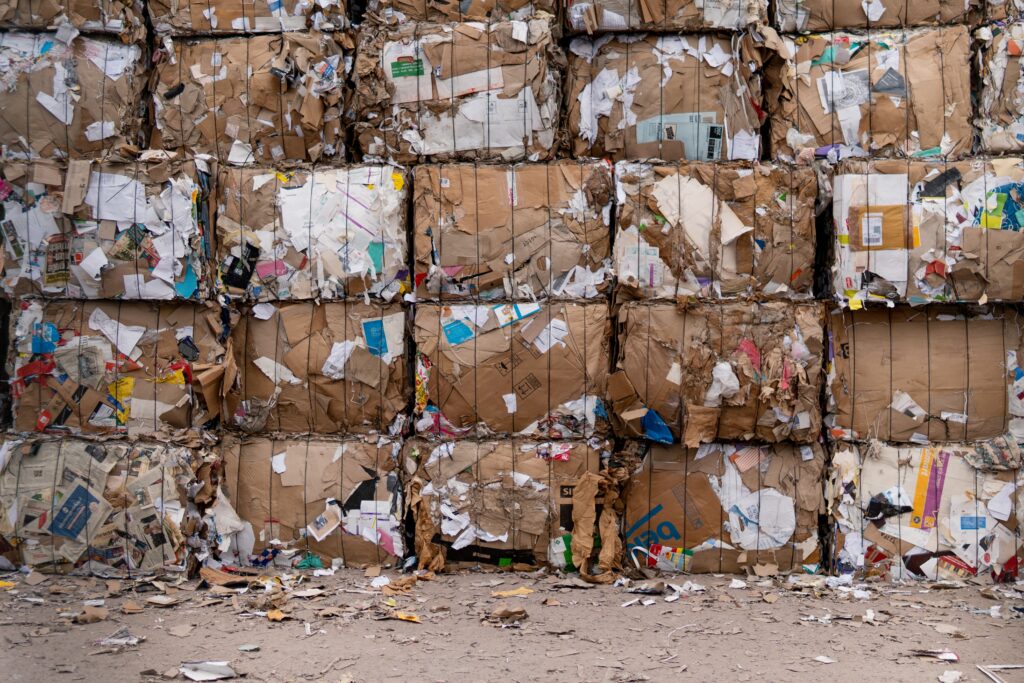
Recycling Myths 5: Recycling is Always Environmentally Friendly
Unpacking the Environmental Impact
While recycling plays a critical role in reducing waste and conserving resources, it’s essential to acknowledge that not all recycling processes are created equal. Some recycling methods may have environmental drawbacks, such as high energy consumption or water pollution. It’s crucial to prioritize sustainable recycling practices that minimize environmental harm.
Challenges and Solutions for Sustainable Recycling
To ensure that recycling remains an environmentally friendly practice, we must address challenges such as contamination of recyclables, outdated infrastructure, and lack of consumer awareness. By investing in modern recycling technologies, promoting education on proper recycling practices, and supporting policies that prioritize sustainability, we can overcome these obstacles and create a more sustainable recycling system.
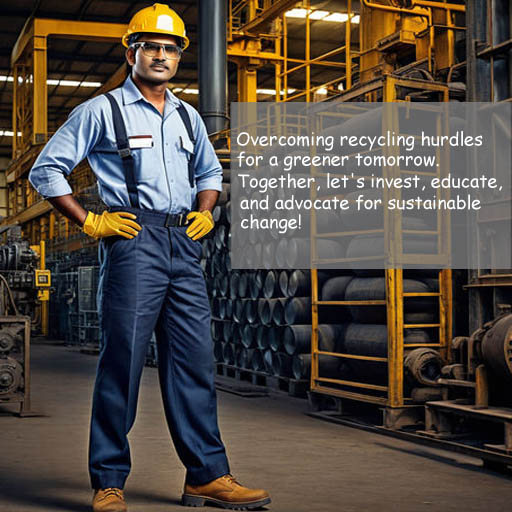
The Truth about Recycling
Recycling is a powerful tool for reducing waste, conserving resources, and mitigating environmental impact. By debunking common myths and understanding the economic and environmental benefits of recycling, we can work towards a more sustainable future. Let’s continue to separate fact from fiction and embrace recycling as a valuable solution for a cleaner, greener planet






